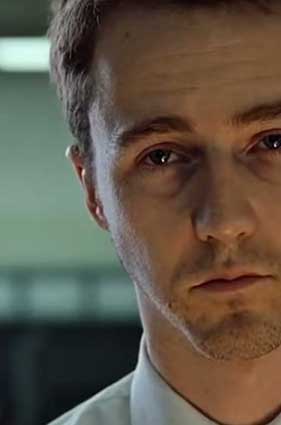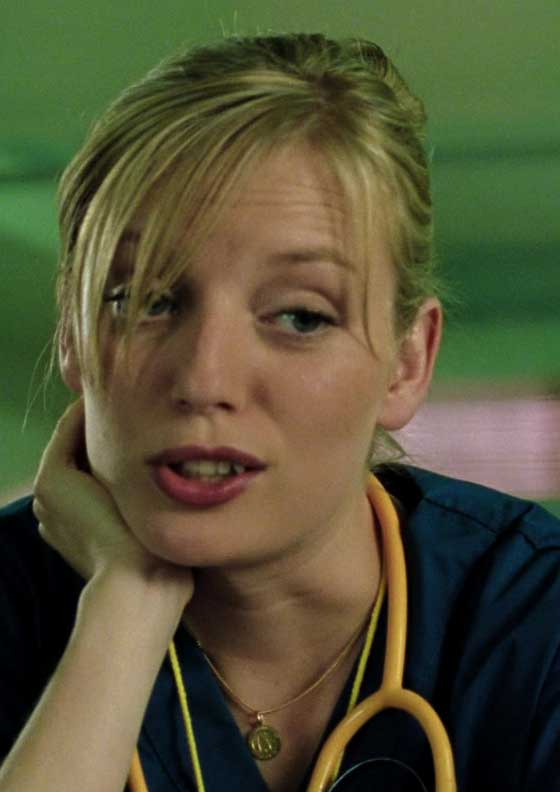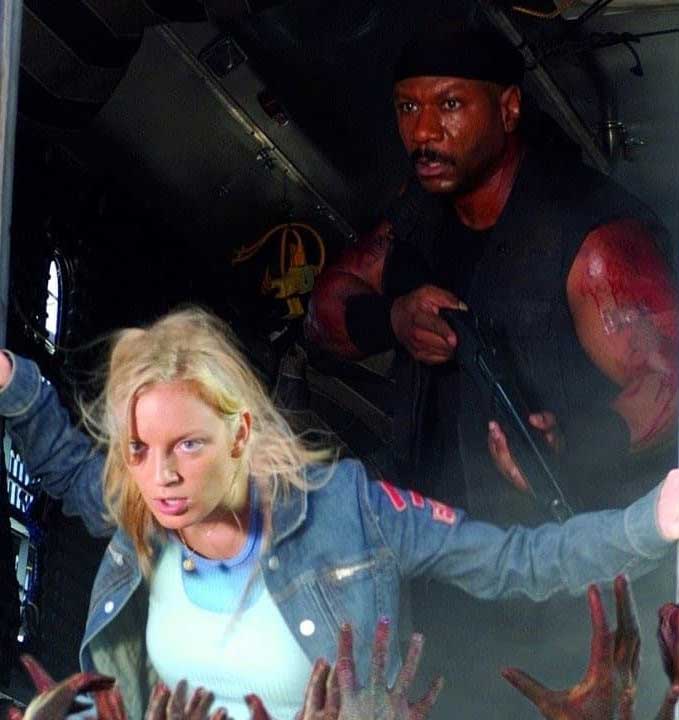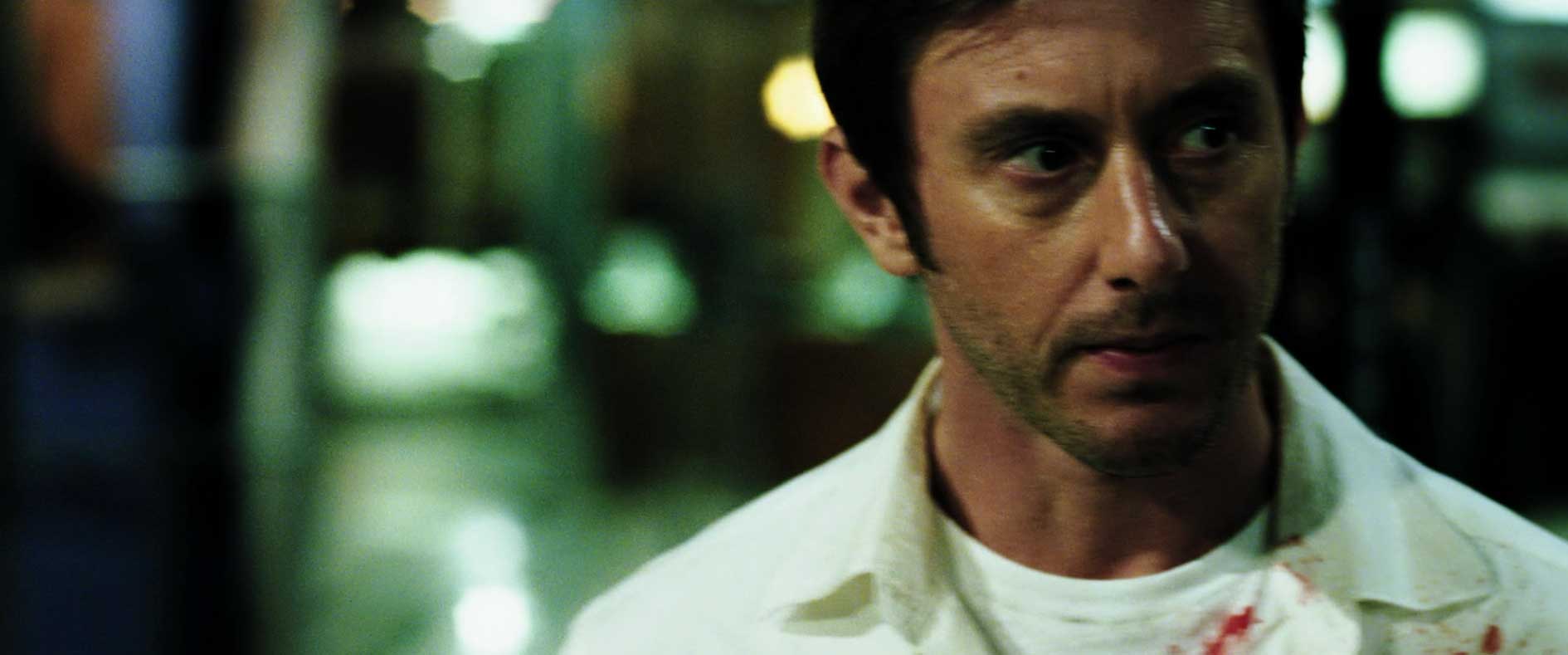Zombie movies are as popular and ubiquitous as they are because we live in a zombie world. And what do we love more than taking selfies?
You know we live in a zombie world. Most of us feel out of touch with the people around us. We’re taught not to think for ourselves, but to obey, follow the rules, and behave. Most people shuffle about in their day to day lives – anonymously moving from one task to another as if on autopilot. The major issues of our world are zombie issues. For example, transpose the issue of “immigration” onto the zombie movie template. Now we see a population of invaders – lacking personality or humanity – out to take everything that is ours.

Our political leaders are literal zombies – standing at podiums with blank stares mumbling unintelligibly; casting their votes without a thought for their constituents. Our economy feeds on itself. CEOs buy their own stock to inflate prices. Gig workers scuttle from task to another – pawns manipulated by the lure of a few dollars at every stop. Society itself is committed to turning us all into zombies.
I touched on this idea of ours being a zombie world during a discussion with Frankford Publishing co-creator Matt Bitonti. We reviewed George Romero’s 1978 Dawn of the Dead and Zac Snyder’s 2004 remake. The conversation uncovered the reason for our love of these undead cannibals: we crave a zombie apocalypse.
This is a counter intuitive premise – we don’t really want the end of the world, right? Actually, we do and I’ll use the 2004 Dawn of the Dead to illustrate my point, since it does such a stellar job with its characters and story telling.
Welcome to Snyder’s endgame

The 2004 movie begins by framing Sarah Polley’s Ana as the protagonist. We are introduced to Ana as she is finishing up her shift as a hospital nurse. During this introduction we’re given multiple clues that something is very wrong. A patient in a “bar fight” is bitten on the hand but is in the ICU, a stretcher wheels past carrying someone with a bite wound on their neck, on her drive home voices on the radio warn of some growing concern – Ana changes the channel to some generic soothing music.
Ana arrives home to her two car garage to recline cozily on the bed with her loving husband while they watch television. It is an idyllic – yet pointedly banal – life in the suburbs. While the couple engages in ‘date night’ in the shower a new bulletin comes on the TV. This is our last reminder of the movie’s theme: we are living in a zombie apocalypse, but we refuse to see it.
After she wakes up into a bloody world of death, chaos, and destruction, Ana is forced to confront the truth. Her desperate quest for survival quickly leads her to join forces with Michael – the leader of a small band of survivors.

Michael is played (and cast) perfectly by actor Jake Webber. Who? I literally had to check IMDB to find out who this guy was and what his name was. He is a very forgettable person and a forgettable actor. And that’s by design. For the first 30 minutes of the movie we don’t know anything about him except that at every turn he’s taking initiative, identifying priorities, managing personalities, and developing survival strategies – he’s clearly a born leader. Despite the intensity of the situation, he keeps the small group of strangers together and organized while maintaining calm and communication.
However, as tensions ratchet up (it is the zombie apocalypse, after all), the family-man slash stereotypical thug of the group Andre (Mekhi Phifer) confronts Michael. This following dialogue between the two is pivotal.
“Hey my man, I hear you talking a lot, you’re always saying something. Who the fuck are you that we should listen, huh? What were you in special ops? You in the Marines? What the fuck do you do?”
“I sell televisions at Best Buy.”

Everyman and The Zombie End Times
Yesterday, in the ‘normal’ world that doesn’t exist any more, Michael is nobody. He’s got no status and there is no reason for anyone to listen to him – unless they were looking for a deal on a big screen TV. For the first third of the film, we don’t know anything about him. Snyder wants it that way. He wants to show you someone you naturally perceive as a leader through his actions and words. This expectation is subverted when we find out he’s a salesperson at an electronics store. Our personal biases tell us a sales clerk isn’t someone who we should listen to or take seriously. Certainly not when lives are on the line.

But, when the standards of society broke down Michael stepped into a leadership role because it was what was required by the moment. The moment required it, and because none of the guide rails of society were clamping down on him, he could grow into that role. The zombie apocalypse has offered him an opportunity to become the person he wanted to be and not what he had been consigned to by society.
The Secret Behind the Curtain
Here is the unspoken secret message of the zombie genre: We are capable of much more but are restrained by a world that demands we behave like mindless automatons. The brutality of the modern world requires we abandon our humanity. Its ruthlessness demands we consume our neighbors, friends, and family. Zombie movies don’t show us a horror fantasy, instead they remove the veil from our eyes to see that we are living in the zombie apocalypse today. Right now.
And that we are the zombies.
To live through a zombie apocalypse is to be free. It is to live life in the moment. It is to reclaim the excitement and zeal we lost to a cynical and callous world. To survive the chaos we’re required to work together with our fellow survivors. We can’t expect the calvary will come to save us; we are the cavalry.
The character of Michael is who we all can be at the end of the world. We don’t want to have to wait for the end of the world. We want to be our true selves today. We want to be heroes today and we know that we can’t be (unless we want to be a fireman. Firemen are pretty much instant heroes. It’s kind of not fair.) But for the rest of us, we’re locked into roles we never felt like we had much choice in. We’ve been born into a world we didn’t make. A world that wants us tied down to convention and compliant to authority. Michael is just a shlub like the rest of us and Dawn of the Dead offers us all the promise that we too can be heroes, even if it is just for one day.
